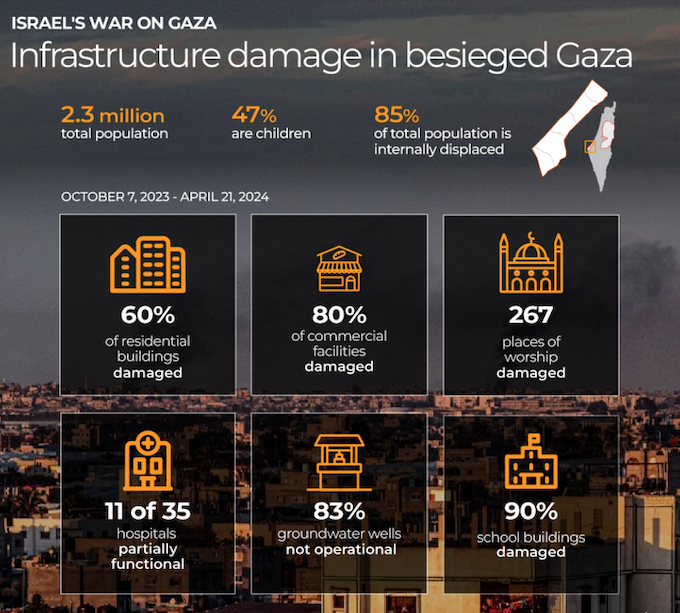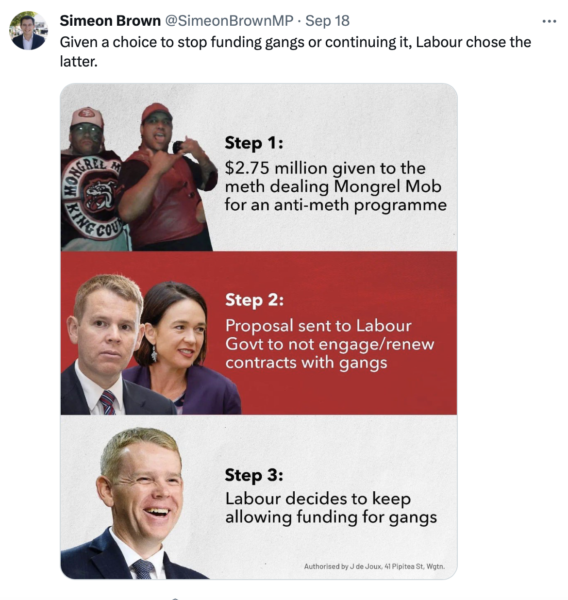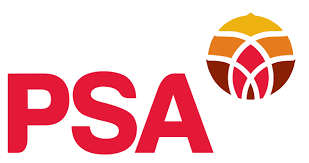Quantum computing has recently emerged as a potentially transformative force in sports betting. This technology enables faster and more accurate odds calculations by instantaneously processing complex probabilities.
However, the practical application of quantum computing in sports betting raises several questions. Is it truly a game changer that will redefine how odds are calculated and bets are placed, or is it merely technological hype? Let’s figure it out here.
Real-Time Data Processing
Quantum computing can process data in real-time by using qubits (quantum computing bits). These quantum particles operate under the principles of superposition (enabling quantum particles to exist in multiple states at once) and entanglement (linking their states instantaneously across distances). This allows multiple calculations to be performed simultaneously, significantly speeding up data processing.
Additionally, quantum gates manipulate these qubits in complex ways that enable the execution of algorithms much faster than classical systems. This combination of parallel processing and high-speed algorithms enables quantum computers to analyze and update information instantaneously, making them ideal for applications like real-time sports betting where conditions and data change rapidly.
Specifically, quantum computing could allow for continuous, automatic recalibration of odds based on real-time data feeds. For instance, during live Australian sports events, where conditions change rapidly, quantum computers could instantly analyse incoming data on player fatigue, weather changes, or other relevant factors. This ability to instantly integrate and analyse live data would make betting odds more dynamic and accurate, potentially increasing bettors’ trust and engagement.
Enhanced Calculation Speeds and Accuracy
One of the primary advantages of quantum computing in sports betting is its potential to enhance calculation speeds and accuracy significantly. Traditional computers process information in bits, which are either 0s or 1s. In contrast, quantum computers use qubits, representing and storing multiple combinations of 0 and 1 at once. As mentioned, this ability allows them to perform many calculations simultaneously, drastically reducing the time needed to process complex datasets.
For sports betting, quantum computing could enable bookmakers to analyze vast amounts of data more quickly and accurately. This could lead to more refined odds that reflect a deeper understanding of probabilities based on player performance, weather conditions, and other variables. Such precision in setting odds could transform sports betting from a game of chance to a more calculated and strategic activity.
Improved Risk Management
Quantum computing significantly enhances risk management in sports betting through its advanced computational capabilities, allowing for rapid probability and outcome analysis. This quick data processing helps operators adjust their strategies in real-time as the dynamics within a game change, effectively minimizing potential losses and optimizing their responses to live bets.
Moreover, the detailed analysis made possible by quantum computing can identify subtle risk factors across a wide range of betting scenarios. This insight enables sportsbooks to refine their odds and betting limits more effectively, ensuring better control over their risk exposure and contributing to a more stable economic environment within the betting industry.
Potential Challenges and Limitations
Despite these advantages, several challenges could hinder the widespread adoption of quantum computing in sports betting. Firstly, the current cost of quantum computing technology is prohibitively high, limiting access to only the most well-funded organisations.
Additionally, the technology itself is still in its infancy, with many practical issues to resolve, including error rates and qubit coherence times, before it can be reliably deployed in complex environments like sports betting.
Moreover, the advanced capabilities of quantum computing could exacerbate issues of fairness and transparency in sports betting. If only a few operators can afford to implement these systems, it could give them an undue advantage over competitors and bettors who do not have access to the same level of data analysis and speed. This could lead to calls for new regulations to level the playing field, complicating the landscape further.
Socio-Economic Implications
There are also broader socio-economic implications to consider. Quantum computing could dramatically change the nature of employment in the sports betting industry, necessitating new skills and potentially displacing traditional jobs.
Additionally, the increase in betting accuracy and the potential for more personalised betting could lead to concerns about increased gambling addiction and other social issues. For example, as quantum computing enables more accurate and personalized betting options, a bettor might receive tailored suggestions based on their previous betting behaviour, increasing the likelihood of placing more bets.
Moreover, the accessibility and speed at which bets can be placed might lead individuals to gamble more frequently. This could heighten the risk of financial hardship and associated social issues such as family strain and mental health problems.
Final Thoughts
Quantum computing holds considerable promise for revolutionising sports betting through enhanced speed, accuracy, and the ability to process real-time data. However, considering its current limitations and potential socio-economic impacts, whether it’s a game-changer or just hype remains to be seen. As the technology advances, staying updated will be key to understanding its evolving impact on sports betting.




















